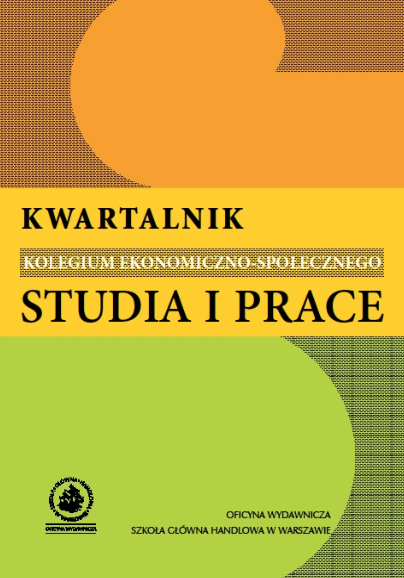Kiedy państwo liberalne staje się nieliberalne?
When does a liberal state become an unliberal one?
Author(s): Artur Nowak-FarSubject(s): Politics, Economy, Governance, Sociology
Published by: Szkoła Główna Handlowa w Warszawie
Keywords: liberalism; democracy; state
Summary/Abstract: A liberal state becomes an unliberal one whenever it ceases to provide for an effective framework of fulfillment of individual aspirations and, instead, commences a program of community-building in a setting, where the community is to fully include only somehow specified members of politically privileged group(s). In such a non-liberal model of state, the state is meant to be a perfect implementer and an ultimate model within which the very being of the community is to be realised. As a consequence, it is meant to give priority to communitarian needs, which are to prevail over individual ones. In such a setting, the state must seem, or if possible, be omnipotent, which implies that the state would have to be empowered to define each and every individual's position in the community - conveyed to them through various rituals of symbolic provision for the power elite, including participation in the sado-masochistic theatre of submission and control.The non-liberal state defies public choice as a model for unconstrained and axiom-free selection of public provision which is meant to expose individual, yet aggregated, preferences. Instead, it gives the ruling elite the power to identify the interest of the community as a whole. This interest is defined as transcendent and not suitable for any public choice. This model, however, cannot be effective in the long run, because of diminishing returns and because of inability to adjust the state-provision mechanism to changing public preferences.
Journal: Kwartalnik Kolegium Ekonomiczno-Społecznego „Studia i Prace”
- Issue Year: 36/2018
- Issue No: 4
- Page Range: 11-28
- Page Count: 18
- Language: English, Polish

